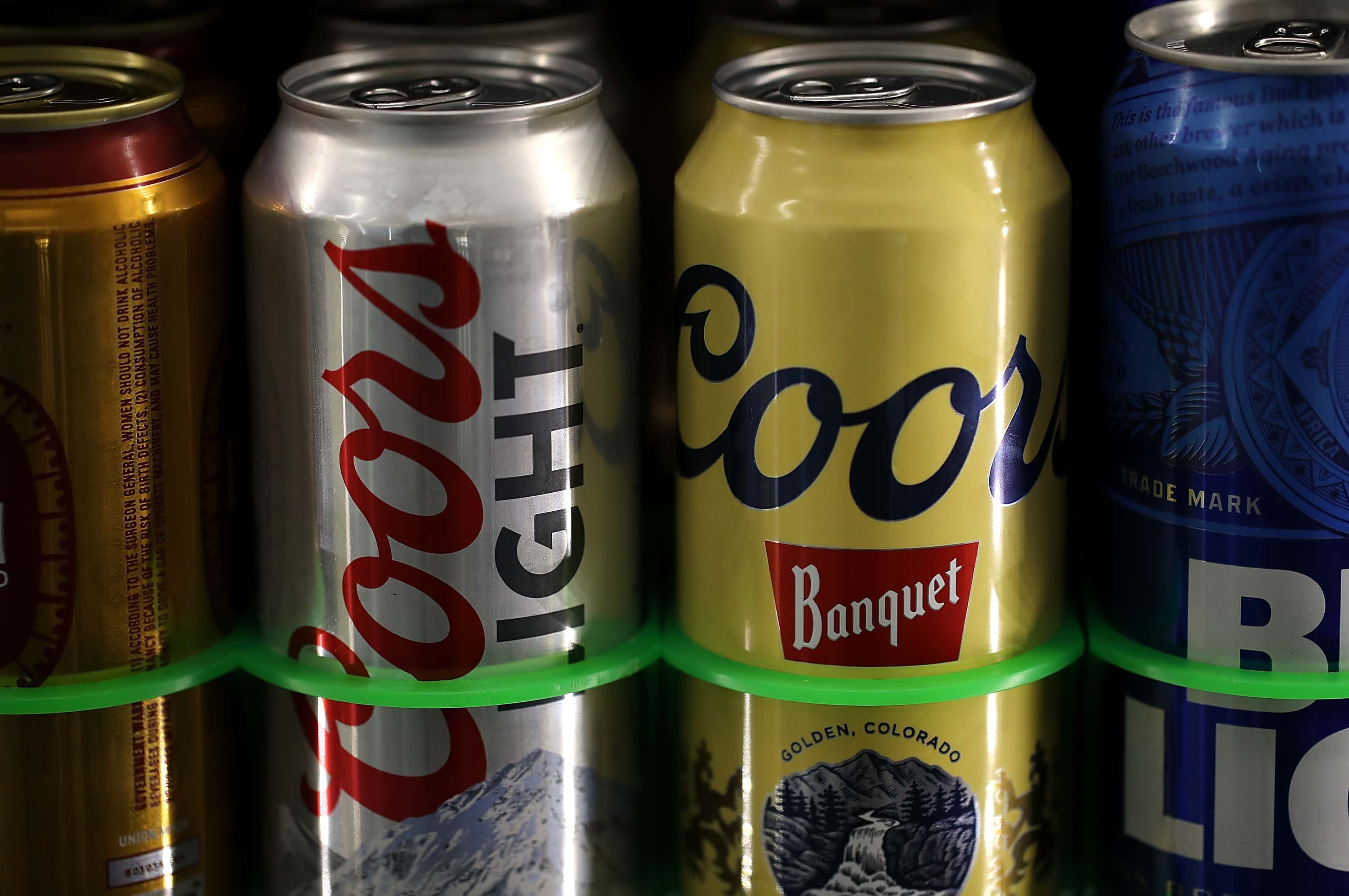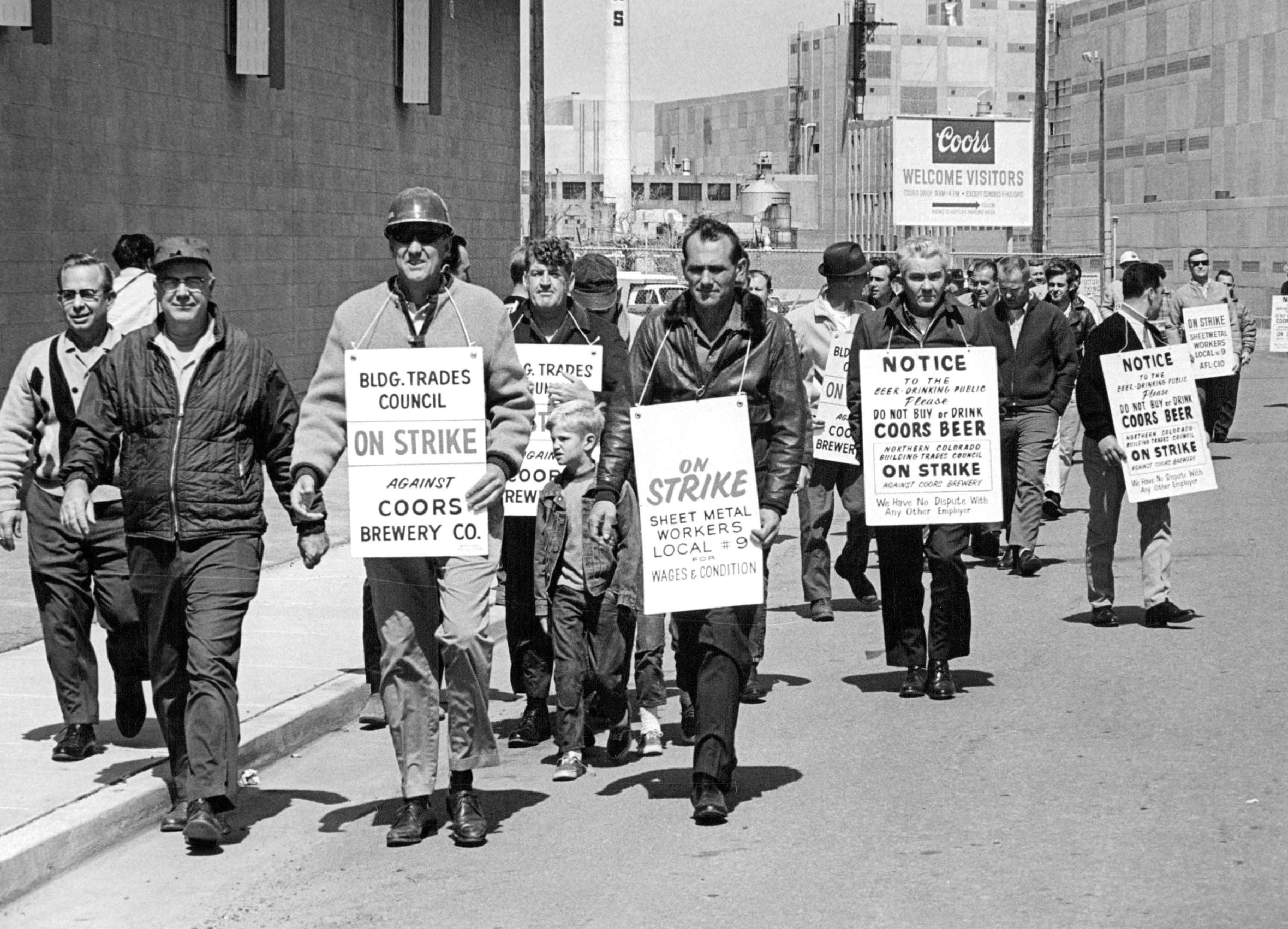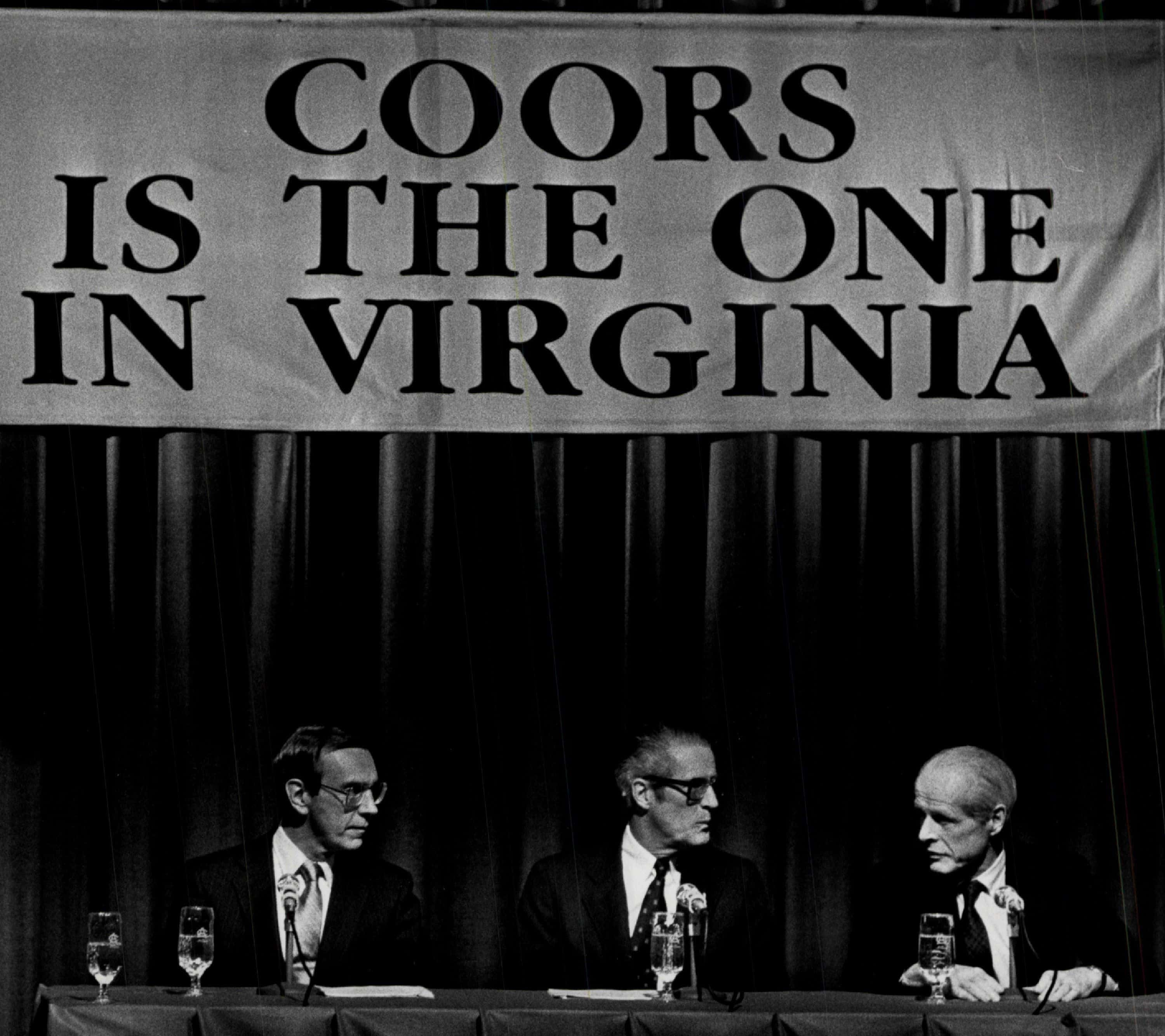Denver's Coors Field: Inside MLB's new All-Star Game venue's history of controversy, racism and discrimination

Major League Baseball (MLB) could end up shooting itself in the foot after its decision to shift its All-Star game. Last week, the league announced that the Coors Field in Denver would replace Atlanta as the venue for the 2021 game. That decision was made in response to Georgia's new voting law, dubbed 'Jim Crow 2.0'. However, a look at the Coors Field reveals an even darker racist past.
The move has been heavily criticized by conservatives, who have accused the league of pandering to cancel culture. Former president Donald Trump even called for a boycott of the league after its decision. However, that seems to be the least of the league's problems for now. A bit of research into the history of the new venue reveals a worrying past, one that the MLB seems to have either ignored or forgotten. Either way, it's not a good look for the league. Here's why Coors Field is far from the ideal venue after a politically motivated decision.
RELATED ARTICLES

Coors' history of racist hiring
In the 1970s the Coors Brewing Company, after whom the field is named, were at the center of the political firestorm. The business was accused of three connected, but very different things. Firstly, it was targeted over its anti-union practices, then critics accused the company of unfairly targeting Blacks, Hispanics, women and LGBTQ workers with its hiring practices. Finally, it also came under pressure for the Coors family's support of conservative politicians and organizations. Reportedly, the family contributed large sums to the conservative think-tank the Heritage Foundation.
As reported by CPR, "For liberal activists, any one of these issues was enough to avoid purchasing a cold can of Coors, but the three together meant there was no conscionable reason to drink anything brewed with Rocky Mountain spring water." In the late 1960s, activists first began targeting the company over its racist hiring policies. Between the 1960s and '80s, the company used lie-detectors during the hiring process to keep out communists, drug abusers, and gay people from its company. After much political pressure, the company abandoned the practice but vowed to keep fighting against 'political radicals'.

In 1975, the Equal Employment Opportunities Commission filed a lawsuit for hiring discrimination. The federal lawsuit charged Coors with violating the 1964 Civil Rights Act and was settled a month later. While it refused to admit to any bias, the company promised to not discriminate in its hiring. Prior to the settlement, the company often hired minority workers for menial jobs and poorly paid them for doing so. That led to many local protests and boycotts at first but soon grew to a national scale as more details emerged.
The protests also got a major boost after then-chairman and CEO William K Coors in 1984 reportedly told business owners in Denver that Blacks lack "intellectual capacity to succeed" and "one of the best things they slave traders did for you is to drag your ancestors over here in chains". The comments sparked massive outrage, with the Washington Post saying in a March 29,, 1984 article, "Coors beer should be purchased only by those backward enough to support Bill Coors' racist views."
Those comments led to the National Association for the Advancement of Colored People (NAACP) joining the unions in protesting the company. 500 liquor stores in California joined the boycott, leading the company's market share to slip from 40% in 1977 to 14% by 1984. Between the pro-union protesters and those targeting the company for its racist policies, Coors was forced to change. First, it signed agreements to increase minority hiring, then promised to invest in minority-led businesses. The company reportedly pledged $625 million to Black and Hispanic groups.

Will MLB's venue shift again?
The company's image has improved considerably since the dark days of William Coors. However, history is never completely forgotten. The stories of William Coors and the company are easily available on the Internet, so did the MLB not take that into account when deciding on its venue? It's unclear since the company didn't exactly provide a detailed account of how it settled on Denver as its venue.
The move has been praised by many Democrats, including President Joe Biden and former president Obama. On April 3, Obama tweeted, "Congratulations to @MLB for taking a stand on behalf of voting rights for all citizens. There’s no better way for America’s pastime to honor the great Hank Aaron, who always led by example."
Congratulations to @MLB for taking a stand on behalf of voting rights for all citizens. There’s no better way for America’s pastime to honor the great Hank Aaron, who always led by example.
— Barack Obama (@BarackObama) April 3, 2021
President Biden also said, "I would strongly support them doing that," in an interview. On the face of it, the move is a great way for MLB to denounce Georgia's bill, but a dive into Coors' history shows that it could backfire spectacularly. Only time will tell whether the league will address the Coors' controversy, or if history will be forgotten to score brownie points in the current political climate.










